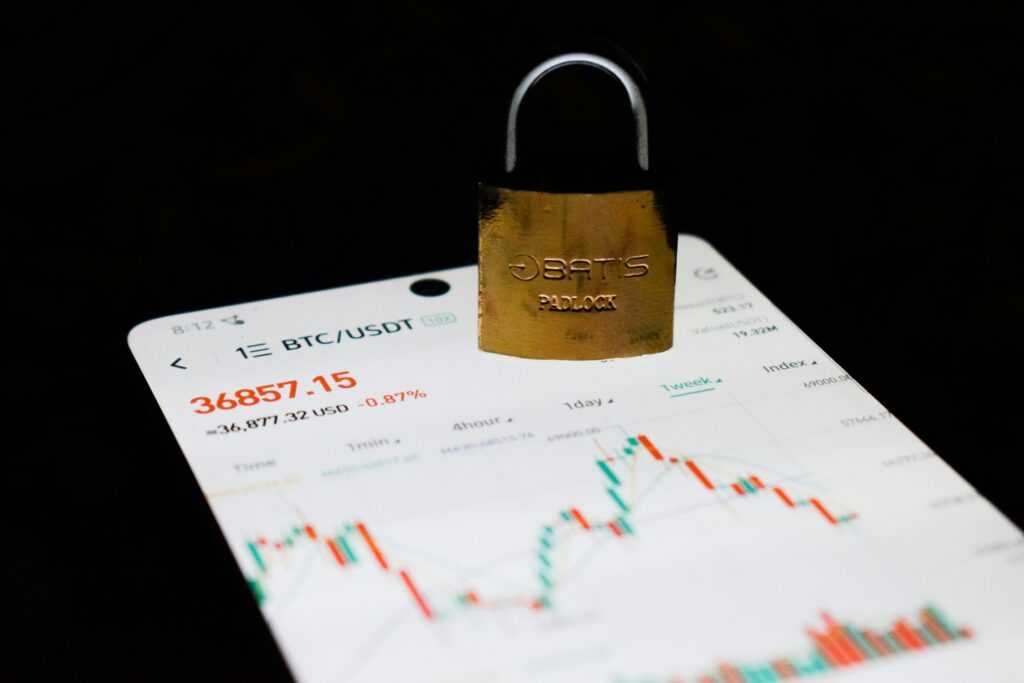Have you ever wondered how to leverage price differences in the crypto market to make profitable trades? In the world of cryptocurrency, arbitrage opportunities present a unique way for traders to capitalize on price divergences across various exchanges. As an experienced investor in the crypto space, I’ve witnessed firsthand the potential for substantial gains through strategic arbitrage.
Navigating the volatile crypto market can be challenging, but with the right tools and knowledge, identifying and exploiting arbitrage opportunities can lead to significant returns on investment. In this article, I’ll share insights into how arbitrage works in the crypto market, the risks involved, and tips for maximizing your chances of success. Join me as we delve into the exciting world of crypto arbitrage and uncover the potential it holds for savvy traders.
Understanding Arbitrage Opportunities in the Crypto Market
Arbitrage is the practice of exploiting price imbalances in the market to make a profit. In the crypto market, these opportunities arise due to variations in prices across different exchanges. By leveraging these differences, traders can buy low on one platform and sell high on another, profiting from the spread.
What Is Arbitrage?
Arbitrage refers to the simultaneous purchase and sale of an asset on different platforms to capitalize on price differentials. In the crypto market, this can involve buying a digital asset for a lower price on one exchange and selling it for a higher price on another, exploiting the price inefficiencies between platforms.
- Exchange Arbitrage: This type of arbitrage involves taking advantage of price variations between different cryptocurrency exchanges. Traders can buy a coin at a lower price on one exchange and sell it at a higher price on another, profiting from the price gap.
- Triangular Arbitrage: Triangular arbitrage involves exploiting price differences between three different cryptocurrencies. Traders can trade one cryptocurrency for another, then for a third one, and finally back to the original currency, making a profit from the price differentials in the process.
- Statistical Arbitrage: Statistical arbitrage relies on quantitative models to identify mispricings in assets based on historical data and statistical analysis. Traders can use algorithms to detect these discrepancies and execute profitable trades based on their findings.
How to Identify Arbitrage Opportunities
Analyzing Price Differentials
When identifying arbitrage opportunities, I focus on analyzing price differentials across multiple crypto exchanges. By monitoring and comparing prices for the same digital asset on different platforms, I can pinpoint instances where buying at a lower price on one exchange and selling at a higher price on another can lead to profitable trades.
Tools and Platforms for Arbitrage
In my arbitrage strategy, I leverage various tools and platforms to streamline the process of identifying and executing profitable trades. I utilize advanced trading bots that can swiftly scan multiple exchanges, analyze price differentials, and place trades automatically to capitalize on arbitrage opportunities in real-time. Additionally, I rely on arbitrage alert services and platforms that provide me with instant notifications of lucrative price differences, enabling me to act swiftly and maximize profits efficiently.
Executing Crypto Arbitrage Trades

When executing crypto arbitrage trades, it’s essential to follow specific steps to increase the likelihood of success while being aware of potential risks and challenges in the process.
Steps for Successful Arbitrage
- Monitor Price Discrepancies:
Scan multiple exchanges to identify price differentials for the same cryptocurrency pair. Look for significant gaps that could potentially yield profits. - Analyze Fees and Transaction Speed:
Consider trading fees and transaction times on different exchanges as they can impact the overall profitability of arbitrage trades. - Execute Trades Quickly:
Given the fast-paced nature of the crypto market, it’s crucial to act swiftly once an arbitrage opportunity is identified to capitalize on the price difference before it diminishes. - Utilize Trading Bots:
Automate the trading process using specialized trading bots that can execute trades instantly based on predefined parameters, reducing the risk of human error and improving efficiency. - Risk Management Strategies:
Implement risk management techniques such as setting stop-loss orders to limit potential losses in case market conditions change rapidly. - Market Volatility:
The volatile nature of the crypto market can lead to sudden price fluctuations, impacting arbitrage opportunities and increasing the risk of losses. - Exchange Restrictions:
Some exchanges may have restrictions on withdrawals or deposits, limiting the speed and efficiency of executing arbitrage trades across platforms. - Technological Risks:
Technical glitches or issues with trading platforms can disrupt the arbitrage process, resulting in missed opportunities or financial losses. - Regulatory Uncertainty:
Evolving regulatory frameworks in the crypto space can create uncertainties around the legality of certain arbitrage practices, requiring traders to stay informed and compliant.
By following a structured approach and being cognizant of the associated risks, traders can navigate the world of crypto arbitrage more effectively and potentially capitalize on profitable opportunities.
Legal and Ethical Considerations
When it comes to engaging in crypto arbitrage, it is crucial to be aware of both the legal and ethical considerations surrounding this practice. Being informed about the regulatory landscape and adhering to ethical trading practices are essential for long-term success and sustainability in the crypto market.
Regulatory Aspects
I prioritize understanding the regulatory environment in which I operate. Different jurisdictions may have varying regulations regarding cryptocurrencies and arbitrage activities. It’s essential to stay updated on any changes in laws or compliance requirements that may impact crypto trading. By ensuring compliance with relevant regulations, I can mitigate the risk of facing legal repercussions and protect my investments in the crypto market.
Ethical Trading Practices
Maintaining ethical standards in my trading activities is a core principle for me. I believe in conducting trades fairly and transparently, respecting the integrity of the market. Engaging in honest practices not only upholds the reputation of the crypto community but also fosters trust among traders and investors. By adhering to ethical trading practices, I contribute to a more sustainable and trustworthy crypto ecosystem.


